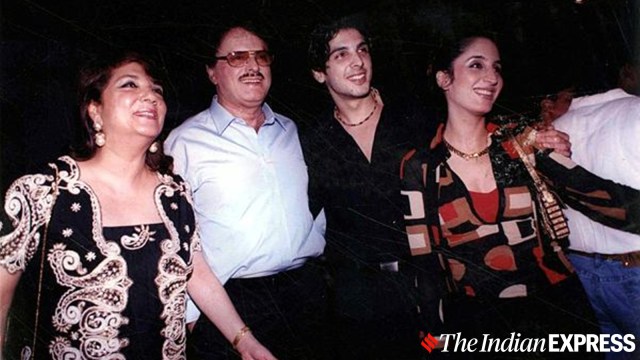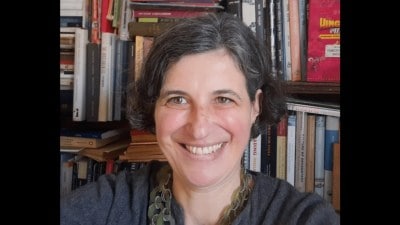📣 For more lifestyle news, click here to join our WhatsApp Channel and also follow us on Instagram
‘You truly see who your friends are…’: Zayed Khan on when his family hit rock bottom after Sanjay Khan’s fire accident; how childhood trauma shapes adult emotions
He added how the family’s lifestyle completely changed soon after the incident. “Like take autos, sell cars and get into taxis — yes.”
 Zayed Khan on how his family’s lifestyle completely changed soon after the incident (Source: Express archive photo)
Zayed Khan on how his family’s lifestyle completely changed soon after the incident (Source: Express archive photo)Actor Zayed Khan recently reflected on a period in his life that was marked by emotional turmoil and financial collapse, brought on by a tragic fire accident that left his father, Sanjay Khan, with third-degree burns and led to the family mortgaging their home to stay afloat.
Speaking to Siddharth Kanan, Zayed recalled, “My dad had a fire accident at that time, during Tipu Sultan. There was a lot of distress at home, and the way I saw my mother and sisters during that period really hurt me deeply. The family was extremely financially burdened at that time. A lot of people had passed away in that fire, and there was no insurance at the time. I saw a lot of pain in my mother and sisters and how they took up the mantle to support my father.”
He added how the family’s lifestyle completely changed soon after the incident. “Like take autos, sell cars and get into taxis — yes. Our house was mortgaged, and many other things. You truly see who your friends are during times like that. We got better cars again once we came out of the situation,” he recalled, adding that he insisted that he be sent to a boarding school so that his mother would not have to take care of so many people at home.
But, how does witnessing financial distress and emotional suffering during childhood impact one’s emotional development?
Counselling psychologist Athul Raj tells indianexpress.com, “Children in these situations often take on invisible burdens. Some try to become the adult in the room. Others grow up too fast, learning to silence their needs to keep the family afloat. Over time, this can turn into chronic anxiety, guilt around spending money, or an inability to ask for help. I’ve worked with adults who panic every time they have to check their bank account, even when they’re financially stable. It’s not about logic. It’s about lived experience.”
There’s also an emotional loneliness, he states. “When distress fills the house, connection often breaks down. Parents are distracted or emotionally shut off. Conversations turn into planning or problem-solving, not warmth or play. This emotional absence can lead to difficulty trusting others, a fear of abandonment, or a constant need to prove one’s worth.”
The good news is, it’s possible to rebuild that sense of safety. It starts with naming what happened, allowing space for grief, and unlearning the belief that survival means staying tense forever.
How can individuals process guilt, helplessness, or trauma after seeing a parent or sibling suffer during a period of crisis?
One way forward is storytelling. Raj says, “Whether it’s in therapy, through writing, or talking to someone trusted, putting words to what happened allows the mind and body to finally exhale. Naming what you saw, what you felt, and what you feared creates clarity. It also brings compassion. You start seeing your younger self not as someone who failed, but as someone who coped the best they could.”
Symbolic acts help too. Lighting a candle. Writing a letter. Looking at a photo from that time and speaking to it. These private rituals give shape to grief and bring a kind of emotional closure. “Reclaiming the body is another part. Tension held for years often shows up physically. Breathwork, gentle movement, rest — these are not luxuries. They’re ways of telling the body it’s safe again,” notes the psychologist.
Lastly, Raj says, it helps to recognise that healing is not about forgetting. It’s about making space for what happened and learning to carry it with care, not shame. Guilt is often love that doesn’t know where to go. Processing it means allowing that love to turn inward, towards the one who carried so much alone.
📣 For more lifestyle news, click here to join our WhatsApp Channel and also follow us on Instagram




- 01
- 02
- 03
- 04
- 05























